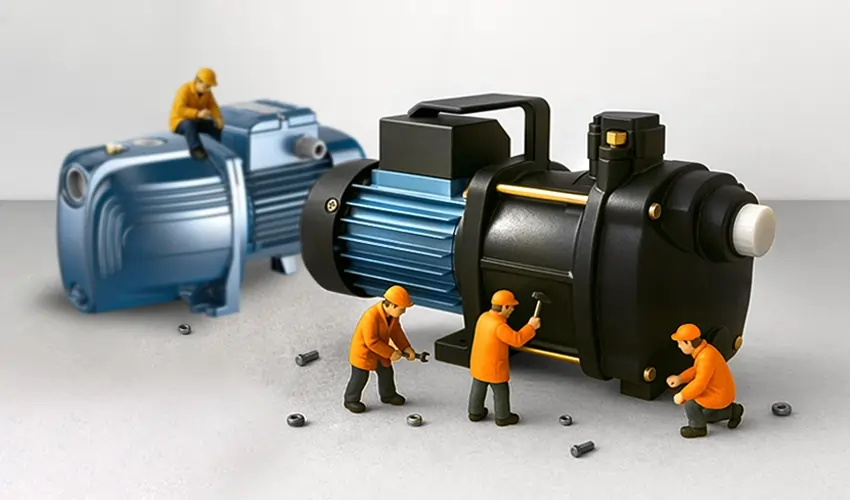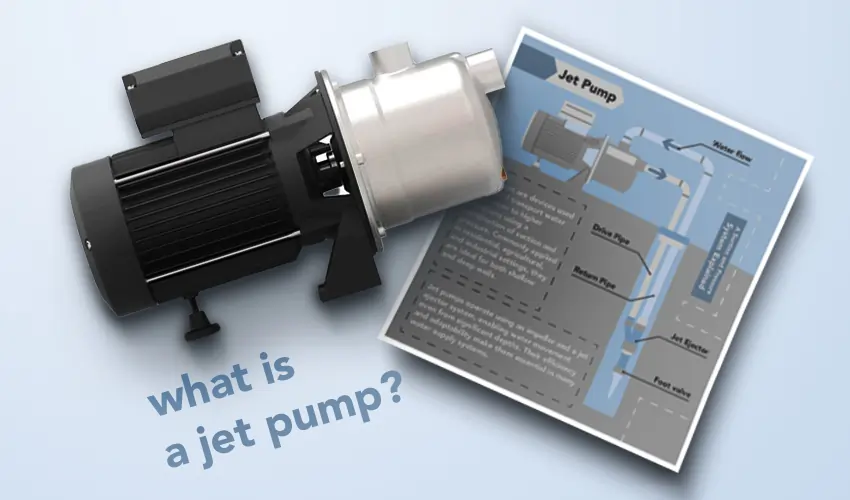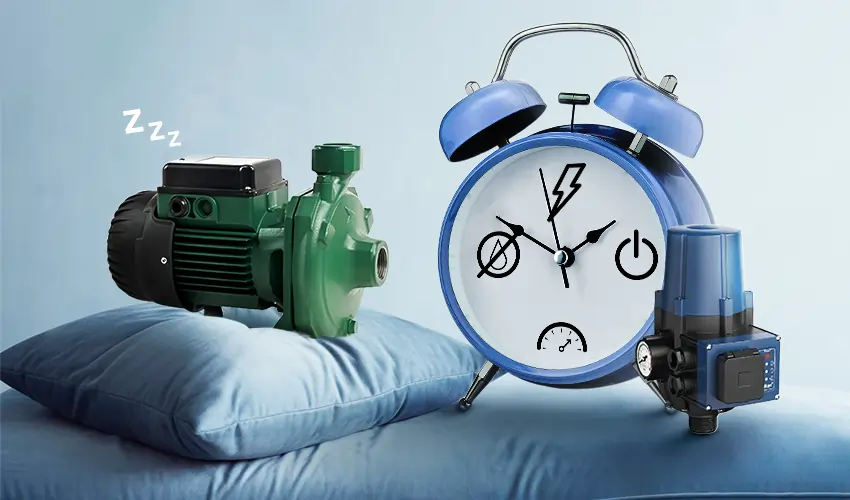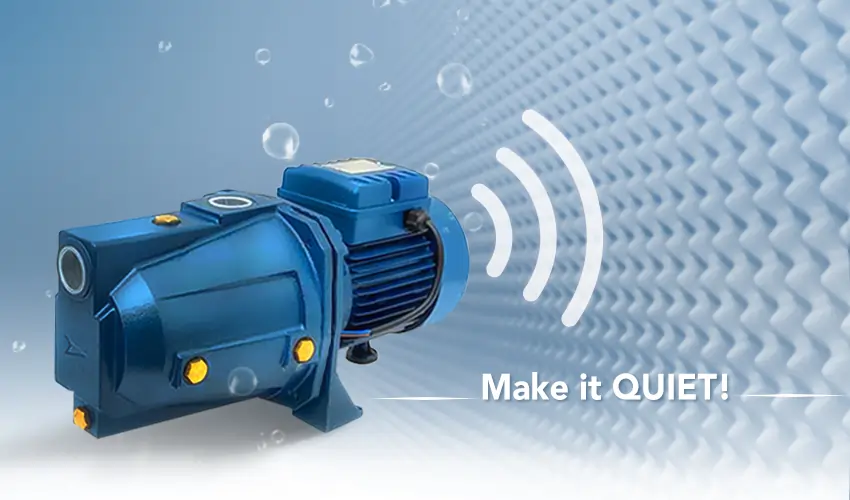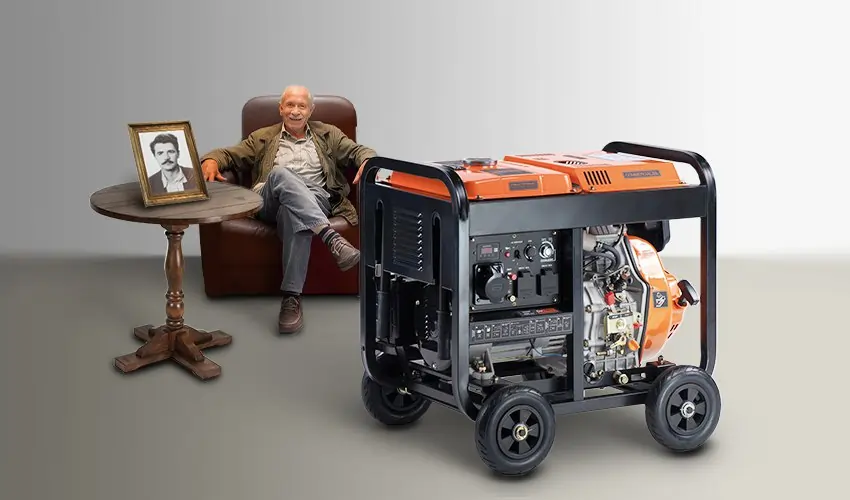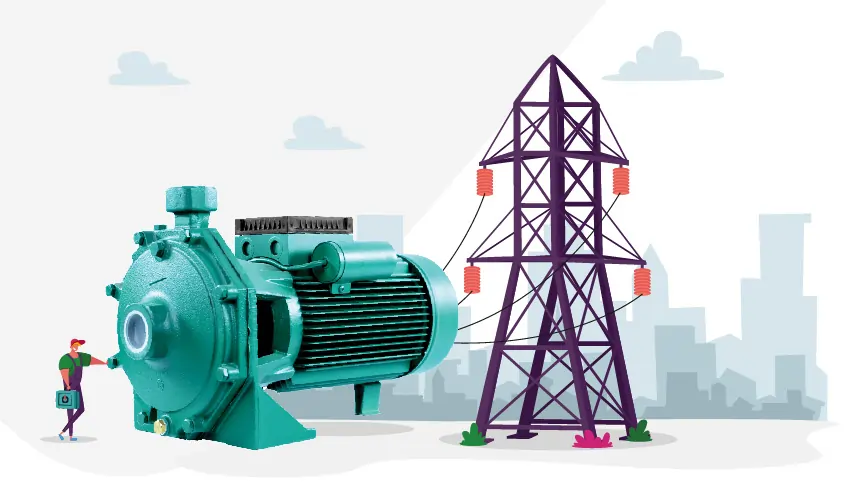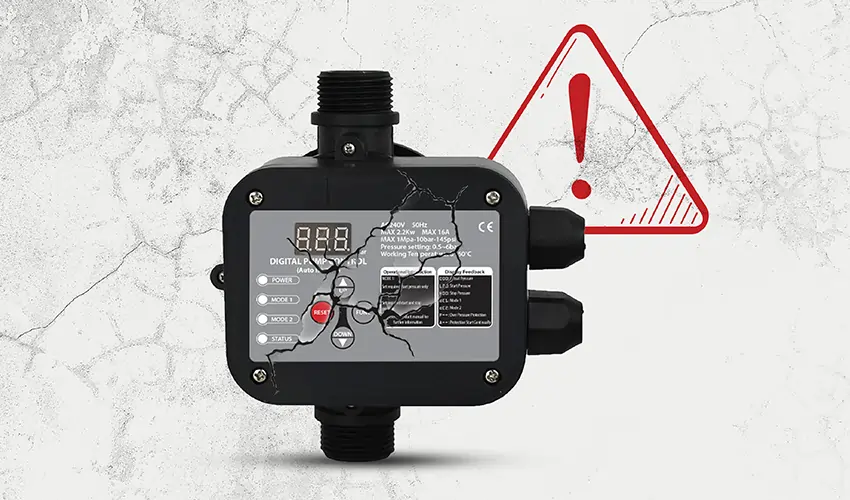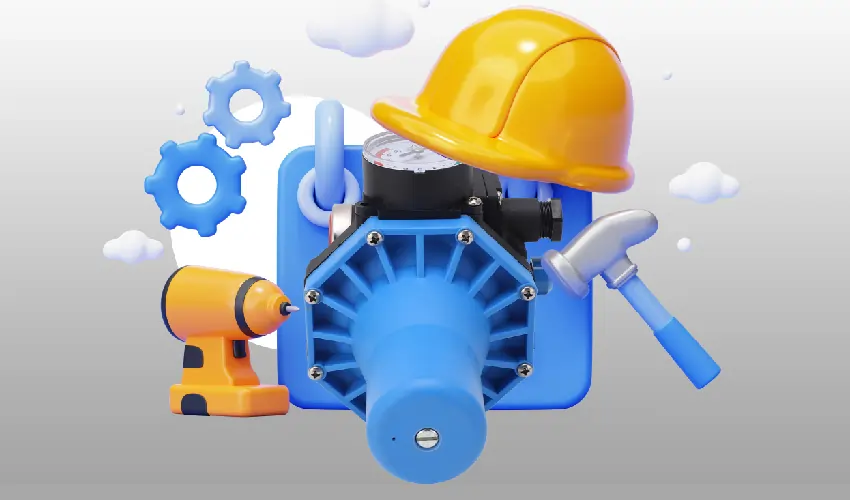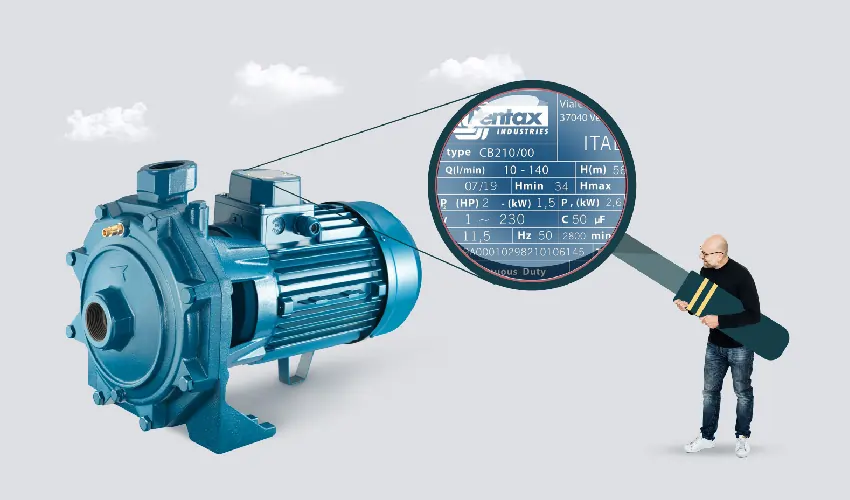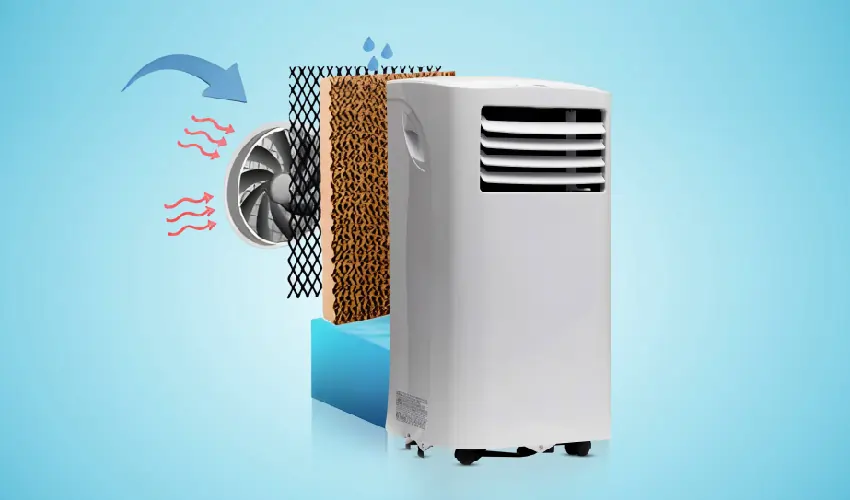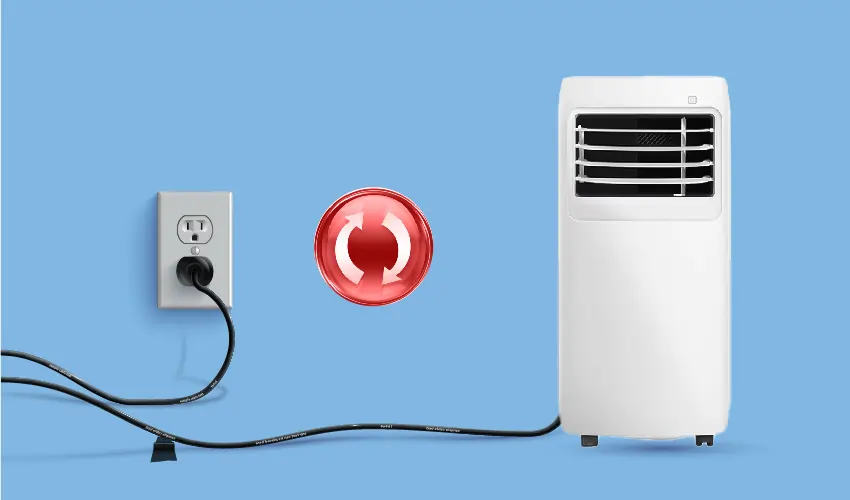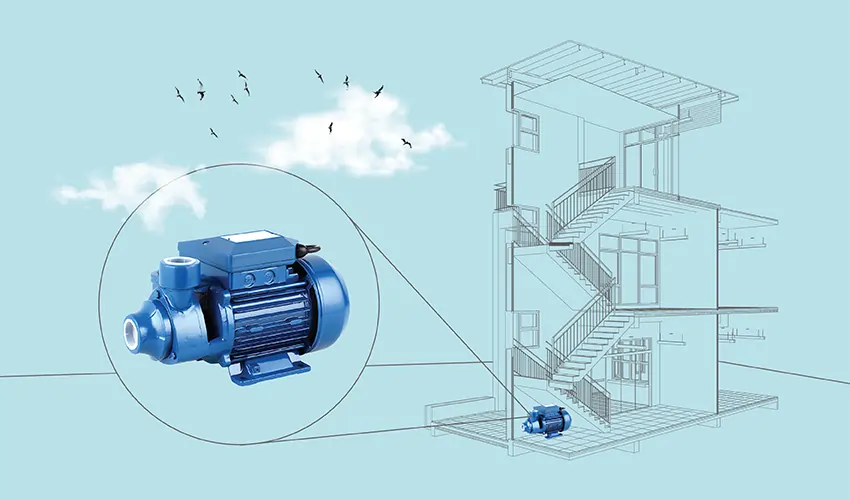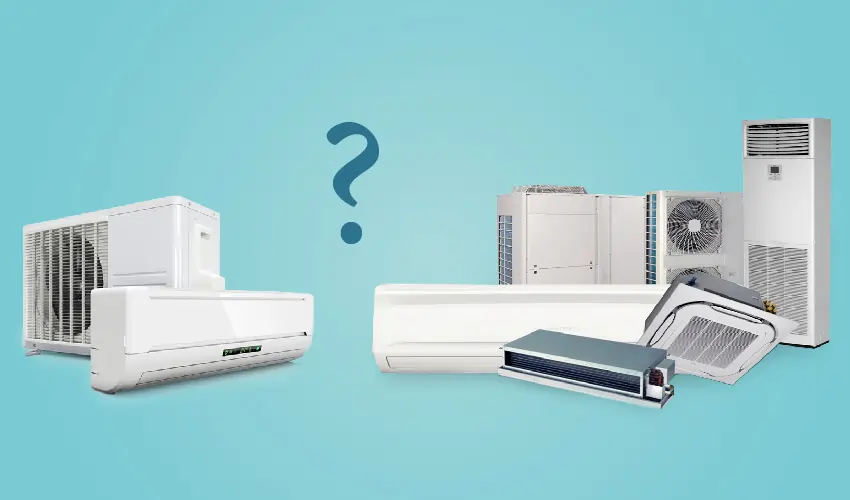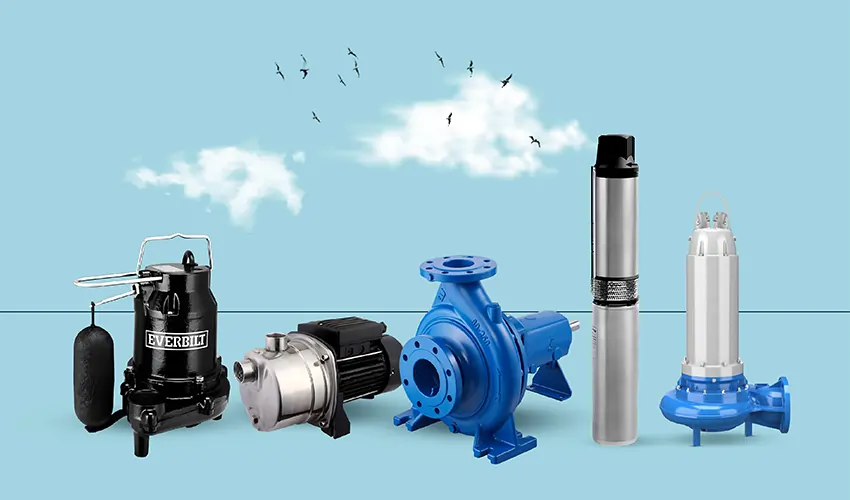Selecting the Right Impeller for Your Pump
The impeller is a critical component of a pump, responsible for generating centrifugal force to increase the pressure of incoming water within the pump chamber. Selecting the appropriate impeller material is essential for ensuring optimal performance, efficiency, and durability, particularly when dealing with varying environmental conditions and fluid compositions.
Impellers are commonly manufactured from materials such as Noryl, brass, and stainless steel, each chosen based on specific operational requirements, fluid characteristics, and environmental conditions. Understanding the advantages and limitations of each material is key to making an informed decision.
Noryl Impellers Have Corrosion Resistance & Lightweight Design
Noryl impellers, often made from Noryl, are widely used in applications where resistance to corrosion is a priority. These impellers are particularly suitable for pumping fluids with highly variable pH levels or where exposure to corrosive elements—such as seawater, chlorine, sewage, and aggressive chemicals—is a concern.
Noryl Impellers Advantages:
- Exceptional resistance to chemical corrosion, making them ideal for aggressive fluids.
- Lightweight design reduces motor strain, improving energy efficiency.
- Cost-effective compared to metal alternatives.
Noryl Impellers Limitations:
- Recommended only for water temperatures below 40°C, as higher temperatures can weaken plastic materials.
- Less durable under high-pressure or high-speed applications compared to metal impellers.
Brass Impellers Are Ideal for High-Temperature Applications
Brass impellers offer greater mechanical strength and thermal resistance, making them suitable for applications where water temperatures exceed 40°C. They provide a balance between durability and moderate corrosion resistance, making them a preferred choice for hot water circulation pumps and other demanding applications.
Brass Impellers Advantages:
Handles higher temperatures better than plastic impellers. Offers improved strength and durability, making it suitable for pumps that operate under higher pressures. Moderate resistance to corrosion in freshwater applications.
Brass Impellers Limitations:
Heavier than plastic impellers, requiring the motor to exert more energy, leading to higher electricity consumption. Less resistant to high-salinity and chemically aggressive fluids, making it unsuitable for seawater or heavily chlorinated environments.
Stainless Steel Impellers Are Best for Harsh & Corrosive Environments
For applications in brackish water, seawater, or mineral-rich environments, stainless steel impellers are the most durable option. They provide exceptional corrosion resistance and can withstand extreme conditions without degrading, making them suitable for submersible pumps, drainage pumps, marine applications, industrial water systems, and wastewater treatment plants.
Stainless Steel Impellers Advantages:
Highly resistant to rust, corrosion, and mineral buildup. Suitable for harsh water conditions, including high-salinity and mineral-heavy fluids. Offers superior mechanical strength and longevity.
Stainless Steel Impellers Limitations:
Heavier than both plastic and brass impellers, leading to higher energy consumption. More expensive than plastic or brass options.
Key Considerations When Selecting an Impeller
When choosing an impeller, it is essential to consider:
- Water Composition –Whether the water contains corrosive chemicals, salt, or minerals.
- Temperature Requirements – Whether the pump handles hot or cold water.
- Energy Efficiency – Whether the motor has sufficient capacity to handle the impeller’s weight or not.
- Application Type – Whether the pump used in an industrial, marine, residential, or wastewater setting.
Selecting the right impeller ensures optimal pump performance, reduces maintenance costs, and extends the overall lifespan of the system. For expert recommendations tailored to your specific needs, visit Famco’s website or consult with our experts!




